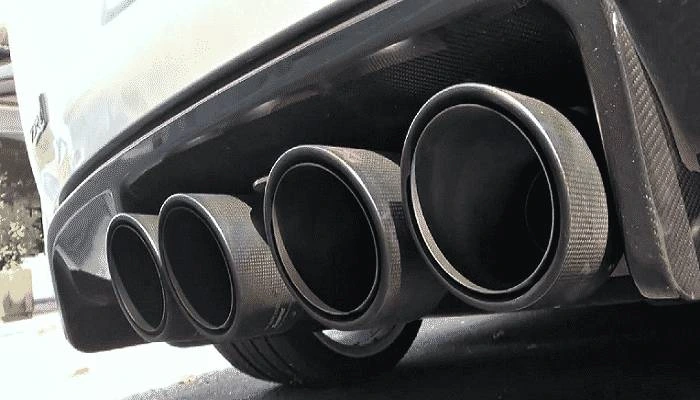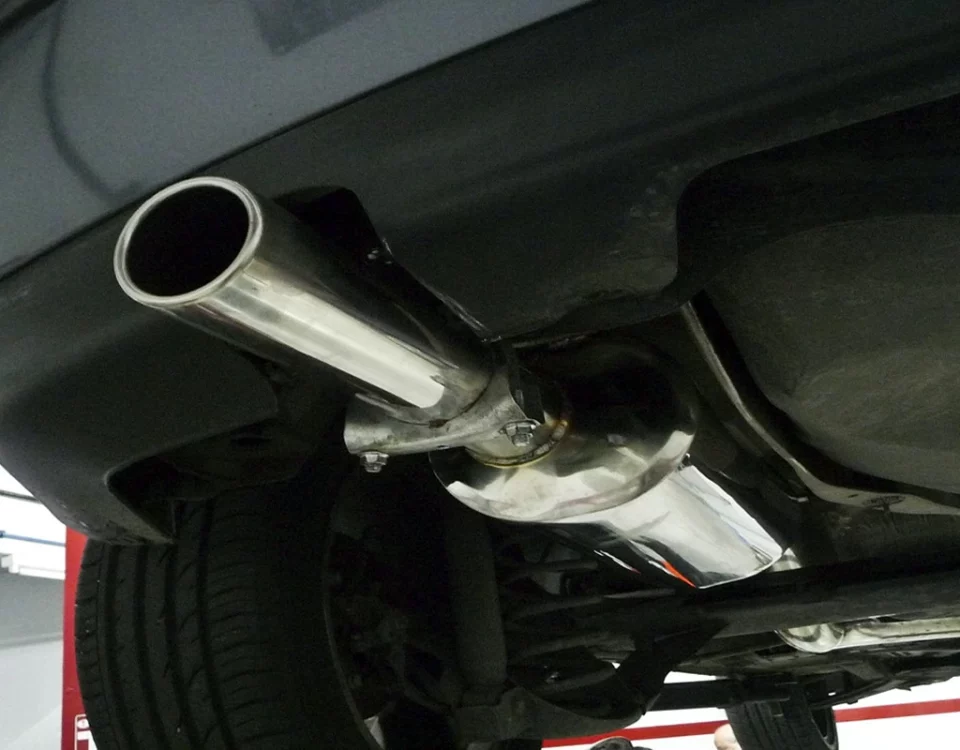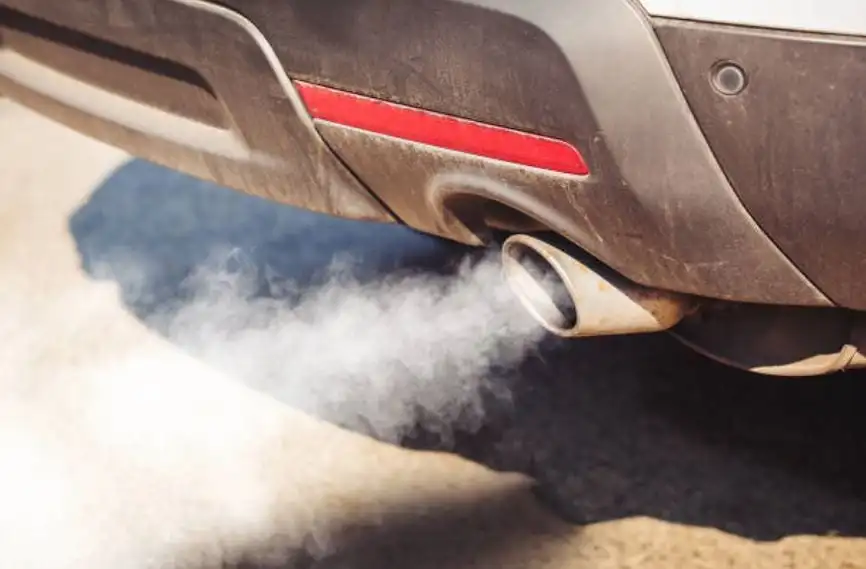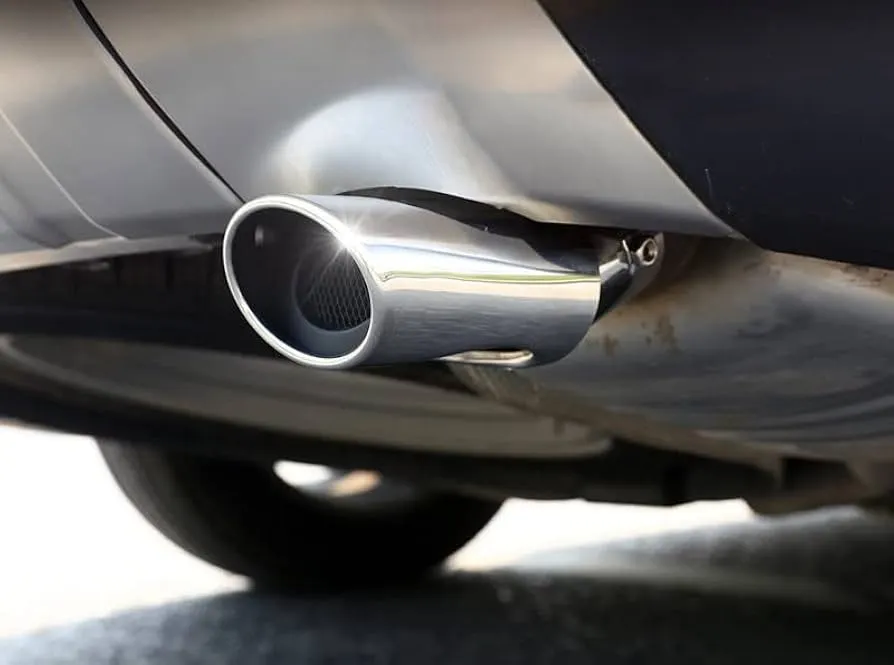What Services Are Offered at a Smog Inspection Station?

Types of Services Offered at a Smog Inspection Station: A Complete Guide
December 19, 2024Smog inspection station play a crucial role in ensuring that vehicles meet emission standards, protecting both public health and the environment. These stations are certified facilities equipped to test and certify vehicles for compliance with air quality regulations. Whether you’re a first-time car owner or a seasoned driver, understanding the services offered at a smog inspection station can save you time and keep your vehicle in top condition. Below, we detail the most common services you can expect.
Comprehensive Smog Testing
The primary service offered at a smog inspection station is smog testing. This involves using advanced equipment to measure your vehicle’s emissions, ensuring they fall within the allowable limits set by state regulations. The process includes analyzing pollutants such as carbon monoxide, nitrogen oxides, and hydrocarbons. These tests are essential for identifying vehicles that may be contributing excessively to air pollution. Whether your car is gasoline-powered, diesel-powered, or hybrid, smog testing ensures that it operates efficiently and adheres to environmental standards.
Vehicle Certification for Registration
A smog inspection station is often required to certify your vehicle for registration or renewal. States with strict emission laws mandate a smog check before allowing a car to be registered. This service ensures that your car is road-legal and complies with all emission requirements. Once your vehicle passes the smog test, the station provides you with a certification document that is electronically transmitted to the Department of Motor Vehicles (DMV). This streamlined process helps keep your registration up to date while contributing to cleaner air quality in your community.
Diagnosis and Pre-Inspection Services
Some smog inspection stations also offer diagnostic and pre-inspection services to prepare your vehicle for the official test. These services are particularly useful if you suspect your car might fail the smog test. Certified technicians can perform a thorough evaluation of your vehicle’s emission system, identifying any potential issues before the official inspection. This proactive approach saves time and reduces the risk of unexpected failures, giving you peace of mind during the testing process.
Repairs and Emission System Maintenance
In cases where your vehicle does not pass the smog test, many smog inspection stations provide repair services to address the issues. Technicians at these stations are trained to repair or replace components like catalytic converters, oxygen sensors, and exhaust systems to bring your car into compliance. Regular maintenance services, such as cleaning fuel injectors and tuning the engine, are also offered to optimize vehicle performance and reduce emissions over time.
By understanding these key services, you can confidently choose a reputable smog inspection station for your vehicle. Not only will this ensure your car meets state regulations, but it will also contribute to a healthier environment for everyone. Prioritize smog checks and keep your vehicle running clean and efficient.






